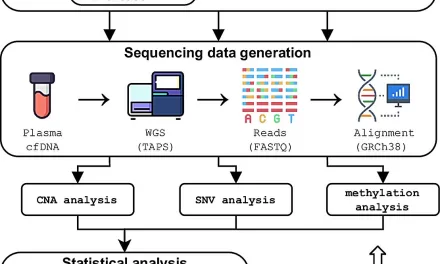In a significant development, the Uttarakhand government has suspended the licenses of 14 products manufactured by Patanjali, the renowned ayurvedic brand founded by Baba Ramdev. This action comes in response to a criminal complaint filed against Patanjali, Baba Ramdev, and Acharya Balkrishna, chairman of Patanjali Ayurved Ltd, alleging violations of the Drugs and Magic Remedies Act.
The suspended products include Swasari Gold, Swasari Vati, Bronchom, and several others, which are marketed for ailments such as asthma, bronchitis, and diabetes. The government’s decision was prompted by accusations of Patanjali repeatedly disseminating misleading advertisements regarding the efficacy of its products.
Mithilesh Kumar, representing the state regulator, issued the order for immediate suspension of manufacturing permits, citing the need to uphold consumer safety and regulatory compliance. This move underscores the growing scrutiny faced by Patanjali and its prominent figures in recent times.
The legal battle surrounding Patanjali escalated further with the Supreme Court’s involvement. The apex court has been critical of Baba Ramdev’s non-compliance with directives to cease misleading advertisements, particularly regarding traditional ayurvedic medicines. Contempt charges against the yoga guru are under consideration, with the court scheduled to hear the case on April 30.
Recent remarks by Baba Ramdev, wherein he claimed to cure COVID-19 while disparaging modern medicine, drew strong condemnation from the Indian Medical Association (IMA). Dr. RV Asokan, president of the IMA, condemned Ramdev’s statements as crossing a red line and undermining public health efforts.
Tuesday’s proceedings at the Supreme Court witnessed scrutiny of Ramdev and Acharya Balkrishna’s compliance with publishing an apology as per court directives. Senior advocate Mukul Rohatgi informed the bench that an unqualified apology had been published in 67 newspapers nationwide. However, the court sought further clarification on the prominence and visibility of the apology.
The court’s decision to review the apology’s publication and consider the matter on April 30 underscores the gravity of the situation. The legal tussle between Patanjali and regulatory authorities, coupled with public health concerns, continues to unfold amidst heightened judicial scrutiny and public attention.












